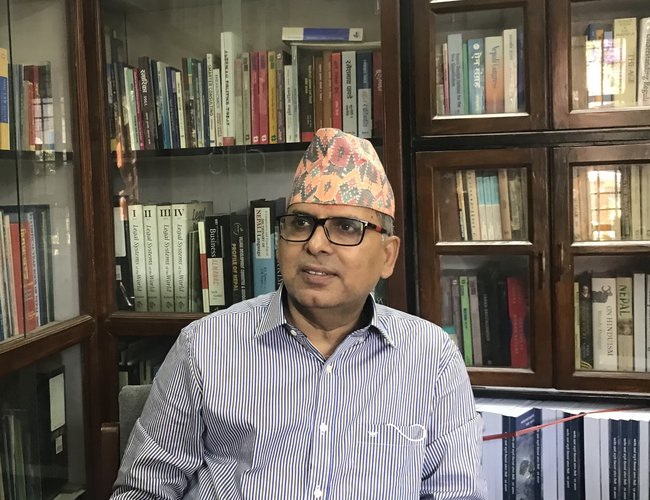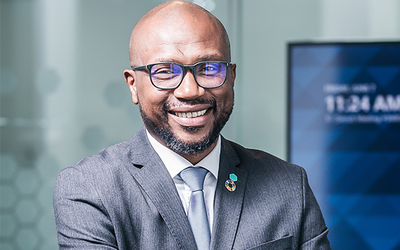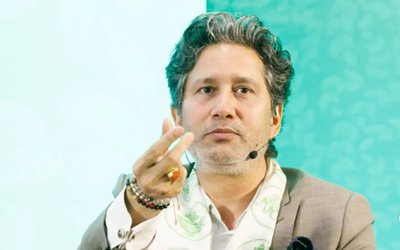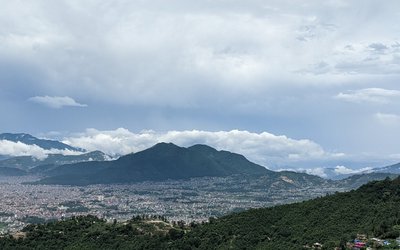
When should a prime minister take the vote of confidence?
A Prime Minister should take a vote of confidence when they are facing a situation where they are unsure if they have the support of the majority of members in the House of Representatives, or if they want to demonstrate to the public that they have a strong mandate to continue in their role. Article 100(1) of the Constitution allows the Prime Minister to move a vote of confidence in this scenario.
Can you think of some clear scenarios where vote of confidence is a compulsion?
Yes, there are specific scenarios where a Prime Minister should take a vote of confidence. For instance, if a Prime Minister is forming a coalition government, minority government, or a government that is weaker than this, the Constitution requires that they take a vote of confidence within 30 days. This is necessary to demonstrate that they have the support of the majority of members and, therefore, have a mandate to govern. Similarly, when there is a split in the ruling party or the coalition, a vote of confidence is unavoidable. This situation has been explained by Article 100(2) of the Constitution.
If a Prime Minister is facing a political crisis, such as a major scandal or controversy, they may take a vote of confidence to demonstrate that they have the support of the majority and can continue to lead the country. Additionally, if a Prime Minister suffers a defeat in a significant vote, such as a budget vote or a vote on a significant policy proposal, they may need to take a vote of confidence according to Article 100(1) to determine whether they still have the support of the majority of members of the House to continue in their role.
What about the compulsion under Article 100(2) of the Constitution?
Yes, in simple terms, as I mentioned, this provision states that if the political party that the Prime Minister belongs to is divided, or if a political party in the coalition government withdraws its support, then the Prime Minister is required to table a motion in the House of Representatives within 30 days for a vote of confidence.
What does that mean?
This means that the Prime Minister has to seek a vote of confidence from the House of Representatives to prove that he or she still has the support of the majority of the members of the house. If the Prime Minister fails to win the vote of confidence, then he or she is required to resign from the post, and the President shall appoint a new Prime Minister on the recommendation of the House of Representatives.
What if the Prime Minister does not take a vote of confidence and nobody in the opposition demands it, as happened during the term of Prime Minister K.P. Sharma Oli?
If a Prime Minister does not want to take a vote of confidence, they may be reluctant to do so for several reasons. It could be because they are confident that they have the support of the majority of MPs and do not see the need for a vote, or they may not want to risk losing the vote and being forced to resign.
However, in some cases, there may be pressure from opposition parties or even from within the Prime Minister's own party for a vote of confidence to be taken. In such situations, if the Prime Minister refuses to take a vote of confidence, it could be seen as a sign of weakness or lack of confidence in their ability to lead the country. It could also lead to speculation about the Prime Minister's hold on power and create further instability.
Since Article 100(4) does not allow a no confidence motion for the first two years after the appointment of the Prime Minister, will such a Prime Minister continue to rule even without a majority in the House of Representatives?
The principle of the parliamentary system of government is very clear: a Prime Minister must have a majority in the House of Representatives at all times in order to continue as the government. Ultimately, if a Prime Minister is faced with pressure to take a vote of confidence to prove this majority and chooses not to, it could have significant political implications and impact their ability to effectively govern the country.
Let me make my question clearer. Can the Prime Minister still rule even though he does not have the courage to prove his majority?
No. In such a situation, the opposition will make it difficult for the Prime Minister to proceed with house business. They must resign or prove their worth. The Prime Minister will have little option because they would not be able to pass any bills, approve any policies or programs, or even clear a simple resolution through the parliamentary process. How can they continue to resist?
Can the President advise the Prime Minister in such a situation to take the vote and end such a situation?
In parliamentary systems of government, the role of the President is often largely constitutional, and they do not have the power to advise the Prime Minister on matters related to parliamentary procedures or the functioning of the government. Generally, a President would not intervene. However, in the event of a government crisis, the President may need to advise the Prime Minister to take a vote of confidence as a way to end political instability and provide a clear mandate for the government to continue. While the President may be able to offer advice or guidance, it is up to the Prime Minister to decide whether to take the vote and to manage the political situation in a way that best serves the interests of the country.
Is it proper for the Prime Minister to delay the vote of confidence even within the period of 30 days just to garner enough support in the house?
Technically, it is not improper for a Prime Minister to delay the vote of confidence within the 30-day period if they need more time to garner support in the House, and manage his situation. However, the delay could be seen as a sign of weakness or lack of confidence in the Prime Minister's ability to lead the country. It could also lead to speculation about the Prime Minister's hold on power and create further instability. Therefore, it is generally considered better for the Prime Minister to take the vote of confidence as soon as possible within the 30-day period to demonstrate that they have the support of the majority of members in the House of Representatives.
Does this delay impact the status of the Prime Minister as the leader of the country?
Yes, the delay has its own impacts. Until the vote is taken, the government is considered a weak and ineffective government. If the Prime Minister does not have the majority in the House, it would not be appropriate to push his legislative agenda as if he does. This is because, until the vote of confidence is taken and he has proven that he has the support of the majority, he does not have the legitimate authority to act as the full-fledged Prime Minister. It would be advisable to wait until the vote of confidence is taken and he has established his authority as the legitimate Prime Minister with the support of the majority, before pushing any legislative agenda. This applies to his important business in the cabinet as well.
So when should Prime Minister Pushpa Kamal Dahal take the vote?
He should take a vote of confidence within 30 days to demonstrate that he still has the support of the majority of members and has the mandate to govern. Until that happens, it is generally advisable for the Prime Minister to maintain a low profile and avoid making any major policy decisions or announcements that could be perceived as controversial.
- Nepal Is Expected To See 60,000 People Infected with Dengue This Year
- Jul 04, 2025
- Journalist Pathak ordered to be released on bail of Rs 25,000
- Jul 04, 2025
- IPPAN To Hold Ninth Power Summit in September: IPPAN President Karki
- Jul 04, 2025
- Weather Forecast: Generally Cloudy Across The Country With Heavy Rain At One Or Two Places In Koshi, Bagmati And Lumbini Provinces
- Jul 04, 2025
- Global IME Capital’s “Samunnat Yojana 2” Mutual Fund Opens for Public Offering from July 6
- Jul 03, 2025















